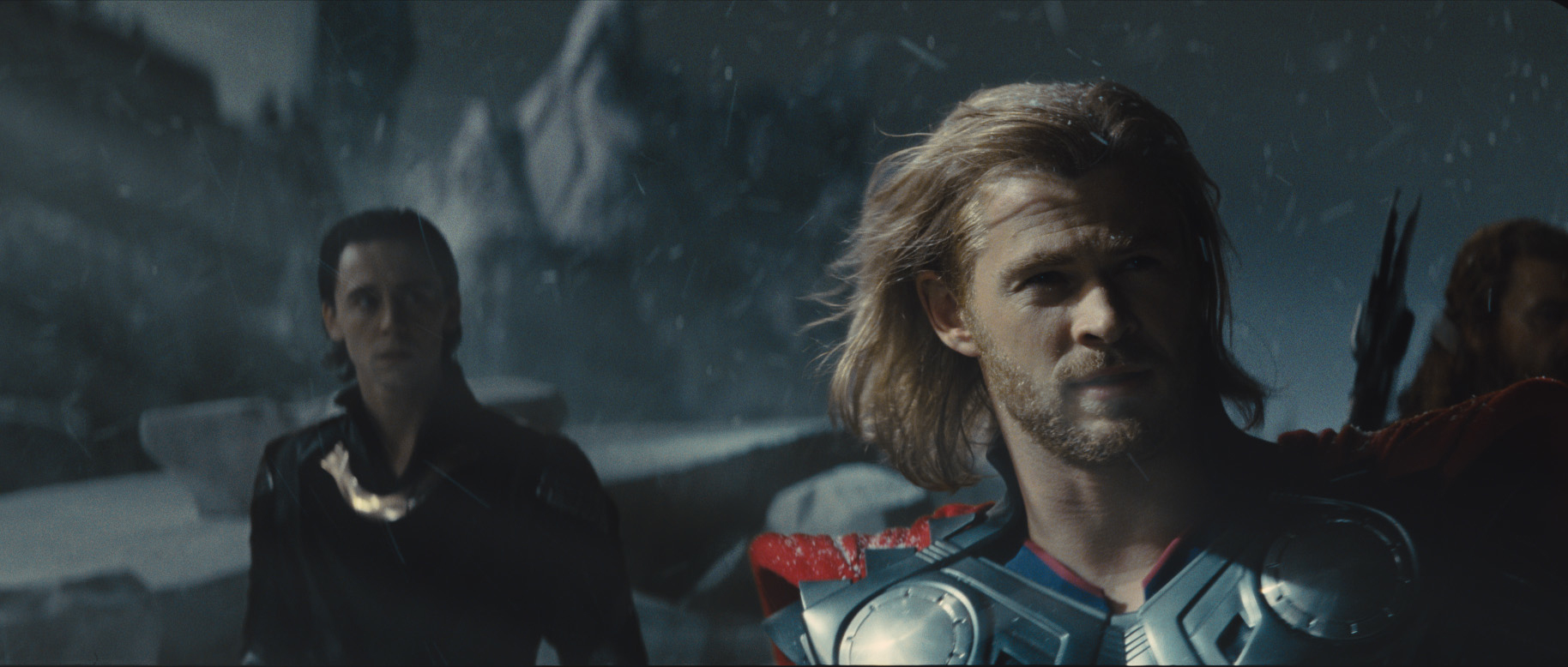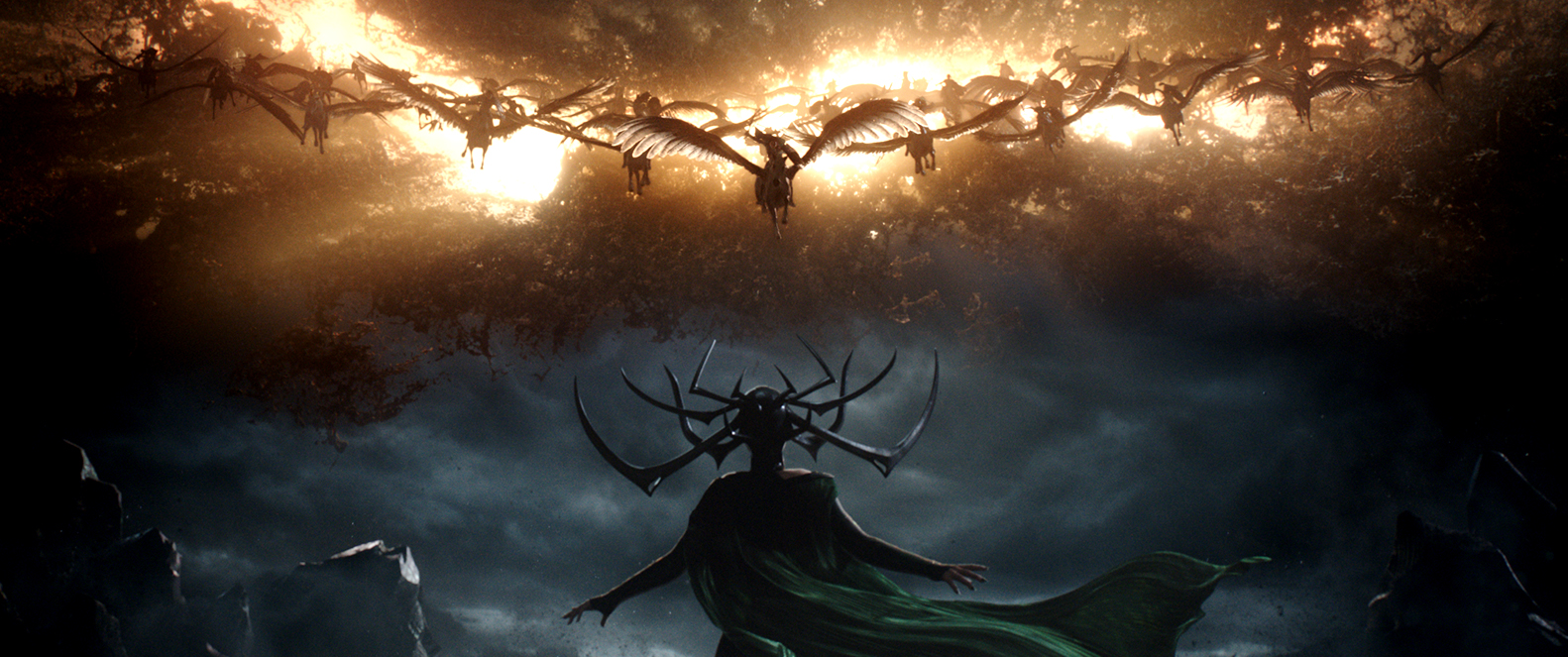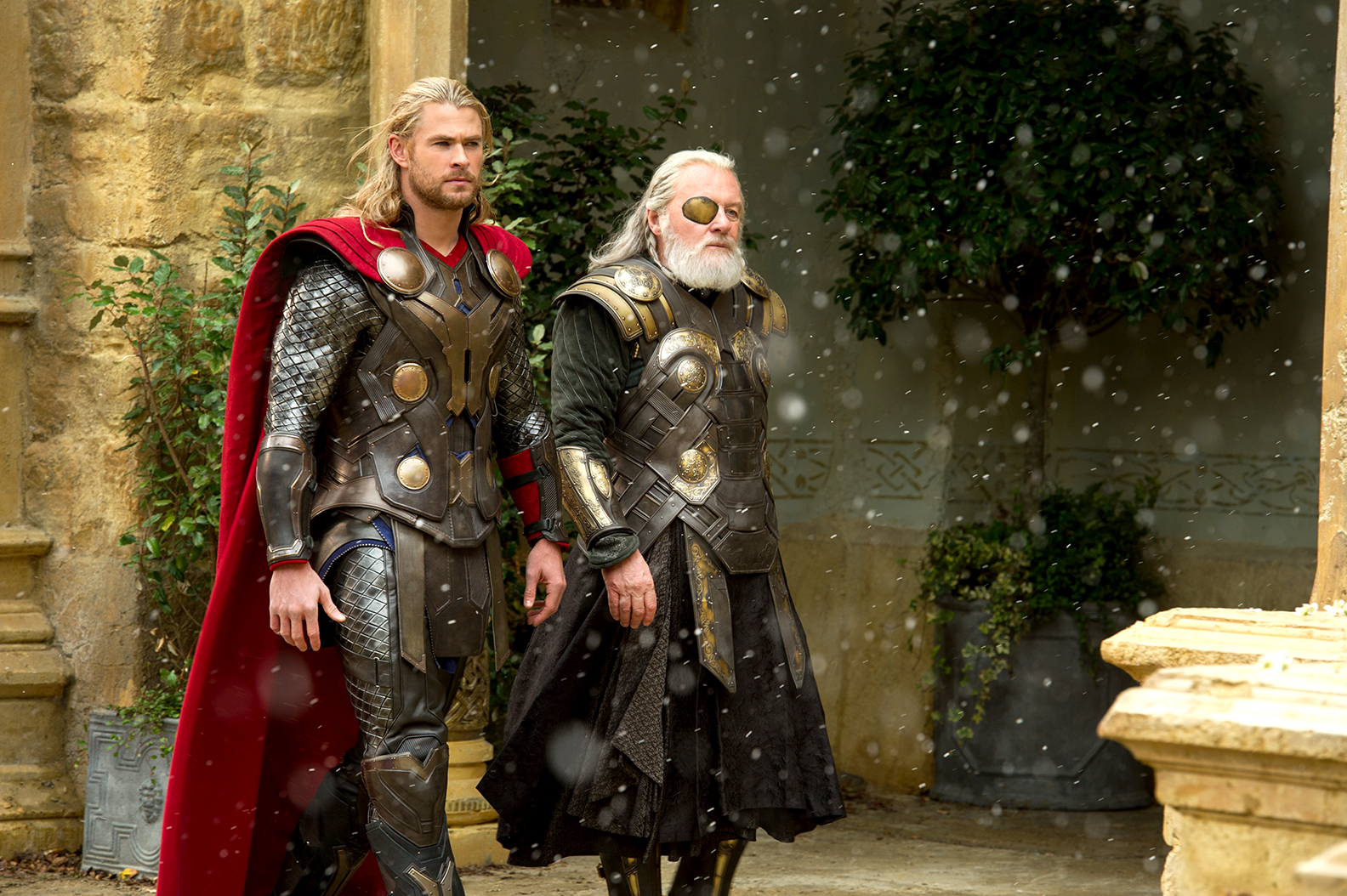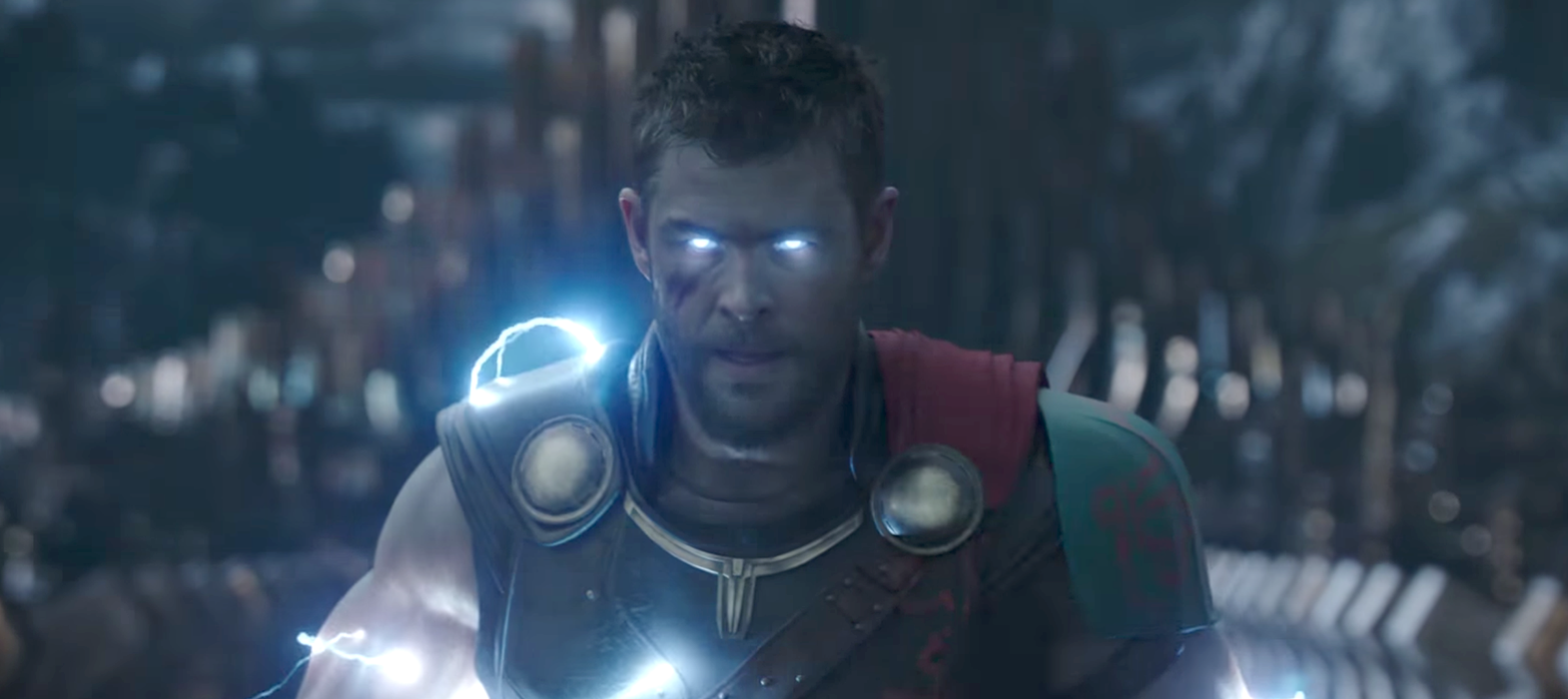I’m sure this is going to impact my reputation in some way, but who cares: I’m a comic book geek and proud of it.
I have always been a fan of the Marvel Cinematic Universe (“MCU”). From the Ironman trilogy, to The Avengers and most recently, the Spider-Man films, I have learnt much and even “met God” through the different story arcs and characters portrayed in the films, with all but one exception until now – Thor.
I’ve never quite connected with the character Thor in the MCU series of films. Since the second instalment in the franchise (Thor: The Dark World), there was just something about the character and his role in the MCU narrative that I found difficult to identify with. Thor took himself way too seriously, I thought.
Nonetheless, I was baited into watching the latest instalment of the Thor franchise because of the trailers. The strangely light-hearted nature of the trailer and its uncharacteristic comedic elements made for an interesting formula. Was this a new Thor that we would be seeing? Or just some gimmicky marketing ploy?
So I bought two tickets and lured my wife into having an MCU date-night.
***MAJOR SPOILERS AHEAD!***
IF YOU READ BEYOND THIS LINE, NOT OUR FAULT ANYMORE YAH

Thor: Ragnarok doesn’t exactly carry a particularly fresh or novel storyline. It’s fairly clichéd, with its “superhero-finds-out-he-has-an-evil-sibling-who-is-trying-to-kill-him-but-he-gets-captured-in-the-course-of-fighting-her-so-he-tries-to-escape-and-forms-a-team-along-the-way-and-finally-defeats-her” story arc. Within the first 15 minutes of the movie, however, you begin to realise that the appeal of this film comes not so much from the storyline itself, but the manner in which the characters are portrayed.
Right off the bat, it’s clear that Thor takes himself far less seriously than he did in all the previous films. This Thor immediately seems easier to connect with. He has far better comedic timing (though sometimes more like slapstick) and is a far more accessible version of the “god of thunder”.
Thor never stops to rest throughout; there is far too much at stake. He’s constantly running from task to task; doing mental and emotional gymnastics, desperately to fulfil his duty and calling to be “leader”. I recognise all this behaviour in my own life.
Thor: Ragnarok sees Thor and his brother Loki, the “god of mischief”, embark on a journey to find Odin. When they do eventually find him, he isn’t the kingly, sagely Odin that we’re used to seeing on screen. He remains wise and speaks even profoundly, but it is obvious that he carries a certain resignation about him – he’s merely waiting for his time to come.
He reveals to the two brothers that they have an older sister, Hela – Odin’s firstborn – who is due to return from exile once he’s dead. Father and daughter had previously conquered realms together, until her hunger for conquest became far too ferocious for her father to control, so he banished her to exile.

Before we know it, Odin leaves the scene and Hela enters almost as quickly as he exits. The three siblings have a tense reunion, which ends with Thor and Loki on an unknown planet, Sakaar, looking for a means of escape.
And, oh –
***SUPER DUPER SPOILER ALERT, THERE’S NO TURNING BACK AFTER THIS***
– very early on in the film, Hela easily crushes Mjölnir, Thor’s hammer.
He’s simply not the same hammer-wielding god of thunder because he doesn’t have his hammer anymore. “I miss my hammer,” he mopes.
Thor’s journey down the path of vulnerability culminates in a final, apocalyptic battle scene pitting him against his sister, the “goddess of death”.
As the mighty Thor comes to the end of himself, his mind and spirit return to the place where he had met his father earlier. There he has an intimate conversation with Odin, where Thor finds himself on his knees, proclaiming himself a failure, verbalising every insecurity that we, as an audience, have witnessed in the last 115 minutes of the show. He tells his father that he has failed in his mission, and that he is far too powerless to overcome his sister without his hammer.
He is painfully broken.
In one of the most prophetic father-son movie scenes since the Mufasa and Simba moment in The Lion King, Odin reminds his son that the power was never in the hammer itself; that the power was always in him, and that “the hammer was only meant to help you focus your power”.
Marvel has played with this kind of revelation across various MCU movies. Think Ironman: “Who are you without the suit?”; “My armour was never a distraction or hobby, it was a cocoon”. In Homecoming, Spider-Man is told: “If you’re nothing without your suit, you shouldn’t have it”.

I kept thinking about the conversation between Thor and Odin – from father to son, king to prince, one generation to the next – long after the show had ended. The insecurity which we see Thor carrying around throughout the movie mimics the same insecurities that I carry in my own life.
It’s an action-movie, and Thor never stops to rest throughout; there is far too much at stake. He’s constantly running from task to task; doing mental and emotional gymnastics while trying desperately to fulfil a duty and calling to be “leader”.
I recognise all this behaviour in my own life.
Armed with the purest of intentions to live out our calling and a genuine desire to serve the greater good, too many of us carry a certain pressure to perform well in the tasks set out for us. There’s also a certain weariness and battle-worn quality, created by our fear of failure and other insecurities. Am I doing enough? What if I don’t succeed? Do I have what it takes?
The power of a story often comes from the fact that it is communicated from a place of brokenness, and not only from a place of strength and victory.
For those of us in any kind of Christian ministry or leadership, Odin’s words to his son apply to us too.
We know that our ability or “power” doesn’t come from the roles we take up or the appointments/titles we carry, but the struggle is real and it’s so easy to fall into the trap of believing that it does. We know that we are not defined by the weapons of gifts and talents we wield, but we hold that in tension with the false belief that somehow our significance comes from the battles we fight successfully, or the victories/crowns we wear from these battles.
Thor: Ragnarok repeats the truth that our strength, delight and reward must come from our hearing the Father’s words to us; from knowing time and again that He sees us as His children. Just as Thor comes to the deep realisation that his power comes from within, inherited from his father, we too bear the mark of our Father, as witnessed by the power of His Spirit in us (Galatians 4:6).

Throughout the movie, Thor receives regular indications of the power that lies within him (as opposed to his hammer), but he fails to recognise it. He continues to whine about he misses his hammer. Do we do the same? Wondering if need to have the next title/appointment or ministry assignment, or right vocation, or enough affirmation from others, before we can fully appreciate our standing as sons and daughters of God?
I wouldn’t be surprised if we, too, have received similar “signposts” from God, reminding us of who are in His eyes, meant to anchor us in our identity in the Kingdom of God. Yet we fall too often for the trap of trying to define ourselves not by who we are, but by what we do – our successes, our abilities and gifts, or what others say about us.
That the Odin/Thor father/son moments in Thor: Ragnarok always take place in the same place remind us that we need to learn how to carry in our hearts that “secret place” to which we return to meet with the Father. As we return to that place, we remember once again who we are in His eyes, and it is from that place that we live out all that we have been called to do.
There is no doubt in my mind that this instalment of the Thor trilogy has redeemed a character and narrative that I once found disconnected and hard to engage with, and that he has quickly become one of my favourite characters in the MCU (they are actually all my favourites #geekspeak).
Thor’s pain, struggle and vulnerability are what make him a relatable character. The power of a story often comes from the fact that it is communicated from a place of brokenness, and not only from a place of strength and victory. That, to me, is what makes Thor: Ragnarok both compelling and transformative.
Those of us in ministry – we need to learn to communicate out of our journey, and not out of destination. That the broken and bruised reeds around us will be drawn into the stories that we tell about our lives, and the good news that is carried within those narratives, simply because of our willingness to be honest, broken and vulnerable about it.








